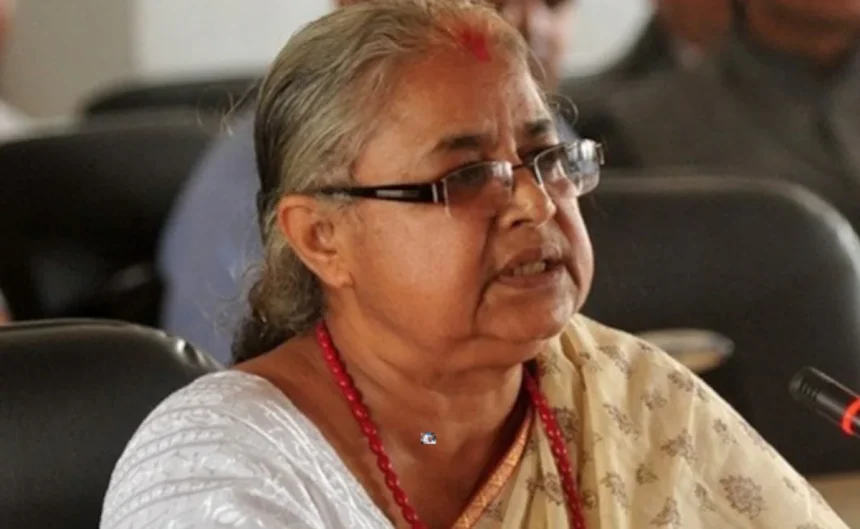What Sparked the Unrest
A week of massive public protests in Nepal, driven largely by younger generations calling themselves “Gen Z,” triggered the political crisis. It began after the government imposed a sweeping ban on 26 social-media platforms, including Facebook, X, and YouTube. While the ban was soon reversed, anger had already grown over long-standing issues: corruption, nepotism, lack of transparency, and limited opportunities for youth.
As protests swelled, demonstrations turned violent. Rioters set fire to the parliamentary building, the presidential residence, and the homes of leading politicians. Police and security forces responded with force. According to multiple sources, by the end of the unrest at least 51 people were killed and over 1,300 injured.
Change at the Top: Appointment of Interim Leader
Faced with intense pressure, Prime Minister K.P. Sharma Oli resigned. President Ram Chandra Paudel, after negotiations involving protest leaders and the army chief Ashok Raj Sigdel, appointed former Chief Justice Sushila Karki as the interim prime minister on 12 September 2025. Karki’s appointment marks a historic moment—she is Nepal’s first female prime minister.
Karki, aged 73, is known for her anti-corruption stance during her time as Chief Justice (2016-2017) and has a reputation for judicial integrity. She was the preferred candidate among the protest movement.
What Comes Next: Elections and Interim Period
Alongside Karki’s appointment, the president dissolved the Nepalese parliament. New elections have been scheduled for 5 March 2026. The interim government is expected to restore order, address protesters’ concerns, and set the stage for those elections.
Authorities are also easing restrictions — curfews lifted in Kathmandu and nearby areas, markets reopening, and roads becoming more navigable. However, calls are already growing for accountability in the aftermath of the protests, including investigations into deaths and damage.
Significance & Challenges Ahead
Sushila Karki’s rise to the top is symbolic: it highlights how grassroots, youth-led movements can force change in political systems long considered rigid. Her appointment may also mark a turning point in Nepal’s political culture, especially around transparency and anti-corruption efforts.
But her government faces serious challenges. Rebuilding trust, making good on demands for justice for those harmed or killed, and ensuring that the elections are free, fair and credible will all be critical. Also, constitutional and legal norms will be in scrutiny, particularly how an interim government led by a retired judge fits into Nepal’s existing framework.











